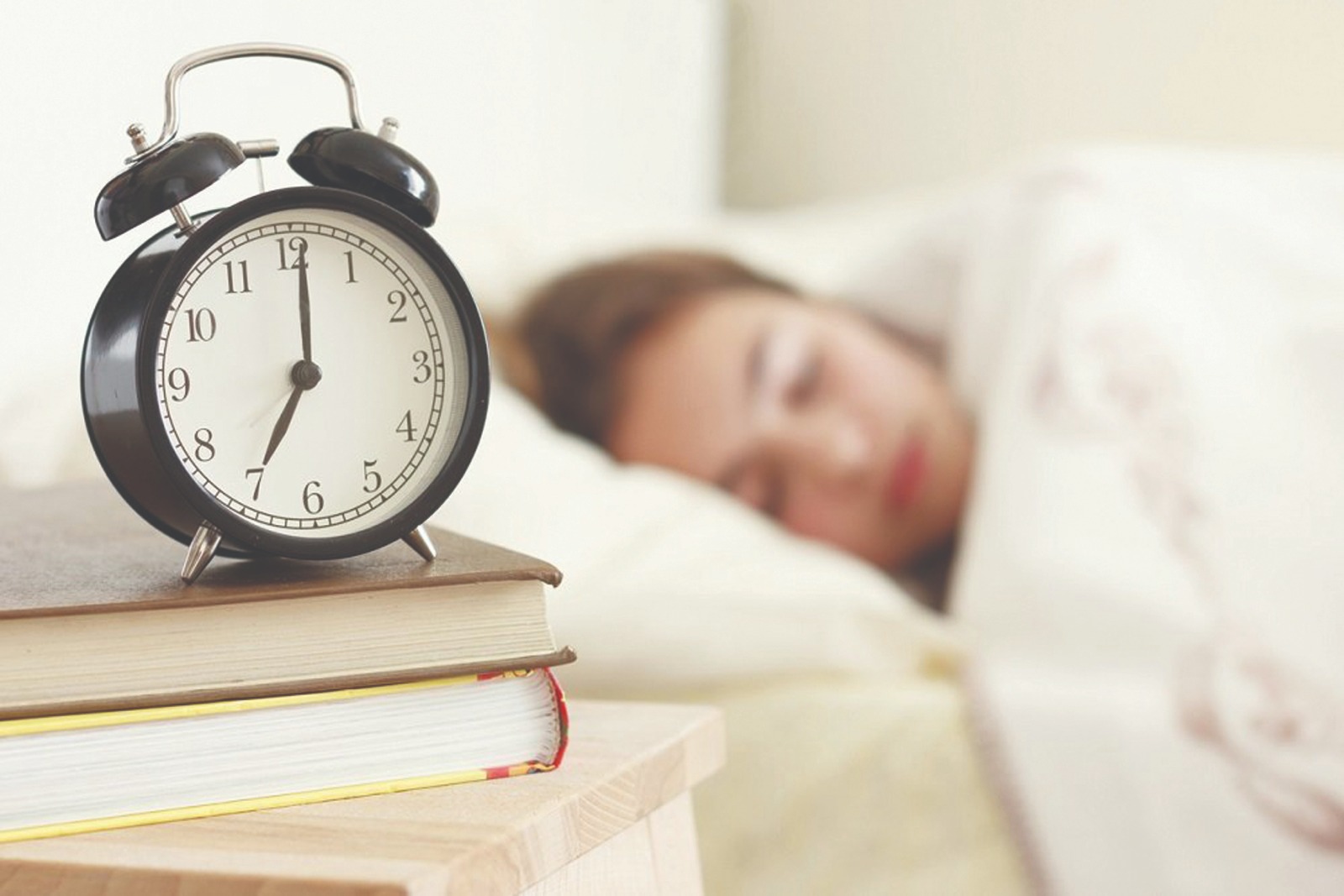The importance of sleep hygiene for health and quality of life

The Department of Medicine and Public Health of Al-Farabi KazNU considers "Ensuring a healthy lifestyle" as one of the priorities among the global goals adopted by the UN. Healthy sleep is an important component of general well-being and quality of life.
Physicians of all specialties are often confronted with the problem of poor sleep hygiene in the population. In this article, recommendations and answers to questions regarding sleep hygiene problems are compiled for you. "The fast and anxious rhythm of modern life has caused a veritable epidemic of insomnia," wrote the British Medical Journal back in 1984. The situation has not improved since then. Healthy sleep is important for both physical and mental health, increased productivity and overall quality of life. Research by the U.S. National Biotechnology Information Center has shown that forming good habits is a major part of health. Sleep hygiene involves environmental conditions and habits, and it can pave the way to better quality sleep and better overall health.
How can you recognize the signs of poor sleep hygiene?
Difficulty falling asleep, frequent awakenings at night, and daytime sleepiness are the most common signs of poor sleep hygiene.
How do I practise good sleep hygiene? Good sleep hygiene is about changing habits and organizing comfortable conditions for quality sleep that produce a healthy pattern of behavior. Optimizing your sleep schedule, bedtime preparation and routines are part of building habits that make sleep quality and self-sustaining.
Here are some tips for practicing good sleep hygiene:
-Follow a sleep schedule: whether it's a weekday or weekend, try to wake up at the same time.
-Avoid stress before bed: try relaxation techniques such as deep breathing, yoga or meditation to de-stress before bed.
- Turn off electrical appliances: turn off gadgets and phones 2 hours before bed to avoid brain stimulation and blue light, which can reduce sleep hormone production.
- Limit fluid intake before bed: to avoid waking up frequently to go to the bathroom, limit your fluid intake a few hours before bedtime.
- Create your bedtime ritual: establish certain activities that signal your body that sleep is approaching. For example, read a book, drink herbal tea, or apply aromatic oils to relax.
-Get more daylight: sunlight is one of the key factors in the biological circadian rhythm that can promote quality sleep.
- Be physically active: regular exercise can help improve nighttime sleep and overall health.
-Avoid long daytime naps: if you have trouble falling asleep at night, avoid long daytime naps to avoid disrupting your circadian rhythm.
-Cut down on caffeine: since caffeine is a stimulant, try to avoid consuming it during the day.
- Seek professional help: if sleep problems become chronic and seriously affect your life, see a doctor or sleep specialist for additional help and guidance.
Following good sleep hygiene practices and creating a comfortable bedroom environment can help you achieve quality and restful sleep. Don't be afraid to experiment with different methods and find what works best for you. Remember, taking care of your sleep is taking care of your health and well-being.
ANGELA TASKINBAEVA,
neurologist,
1st year master student of the Faculty of Medicine and Public Health
